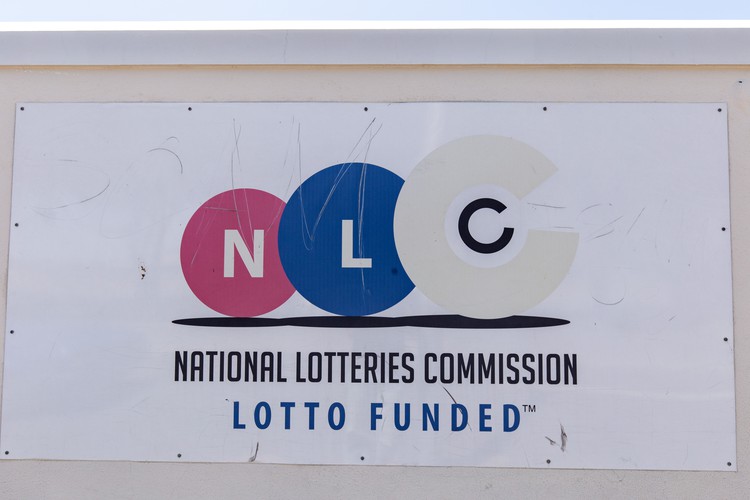
29 June 2025
The National Lotteries Commission has used a new funding mechanism to urgently release money for flood relief in the Eastern Cape. Archive photo: Ashraf Hendricks
The National Lotteries Commission (NLC) is donating R10-million to help communities in the Eastern Cape that have been affected by the devastating floods that have claimed over 100 lives.
The funding has been allocated under the NLC’s Research-Based Funding (RBF) policy. This replaced the discontinued controversial Proactive Funding, which was widely abused to loot the lottery under the NLC’s previous executive and board.
RBF enables the NLC to fund worthy causes without a formal application process, particularly in response to emergencies, crises and disasters that adversely affect communities, NLC chairperson Barney Pityana stated on Friday. “Emergency interventions are conducted following a rapid needs assessment,” he said.
RBF funding is distributed to non-profit organisations on a national panel of pre-qualified organisations, allowing the NLC to move quickly after a disaster without first having to tender for a service provider to administer the emergency funding and aid.
The NLC had appointed the Small Projects Foundation (SPF) “to implement a high-impact relief intervention valued at R10-million,” Pityana said.
“SPF is a registered non-profit organisation with over 36 years of experience in the Eastern Cape, and has worked extensively in health, education and social development across both the OR Tambo and Amathole Districts.”
NLC Commissioner Jodi Scholtz said: “Our interventions include the distribution of food parcels, clean water, clothing, school uniforms and supplies, sanitary pads, and essential healthcare support. The relief will reach thousands of displaced and vulnerable households through a coordinated and accountable process supported by trained field teams across nine municipalities.”